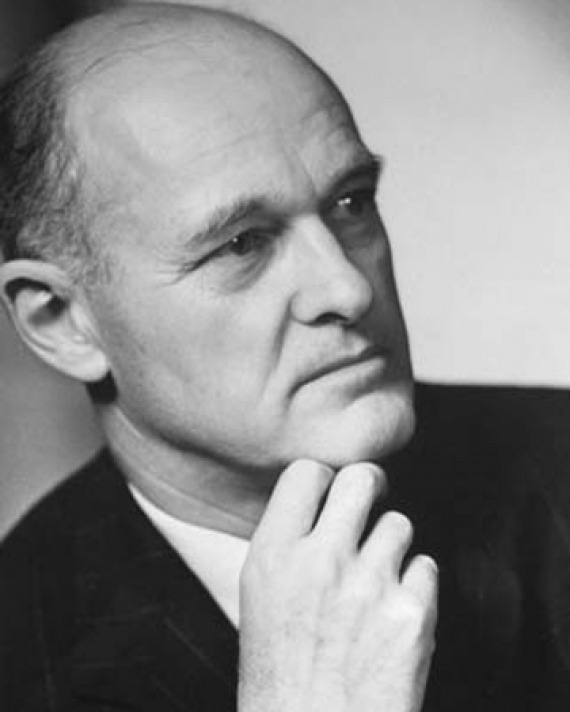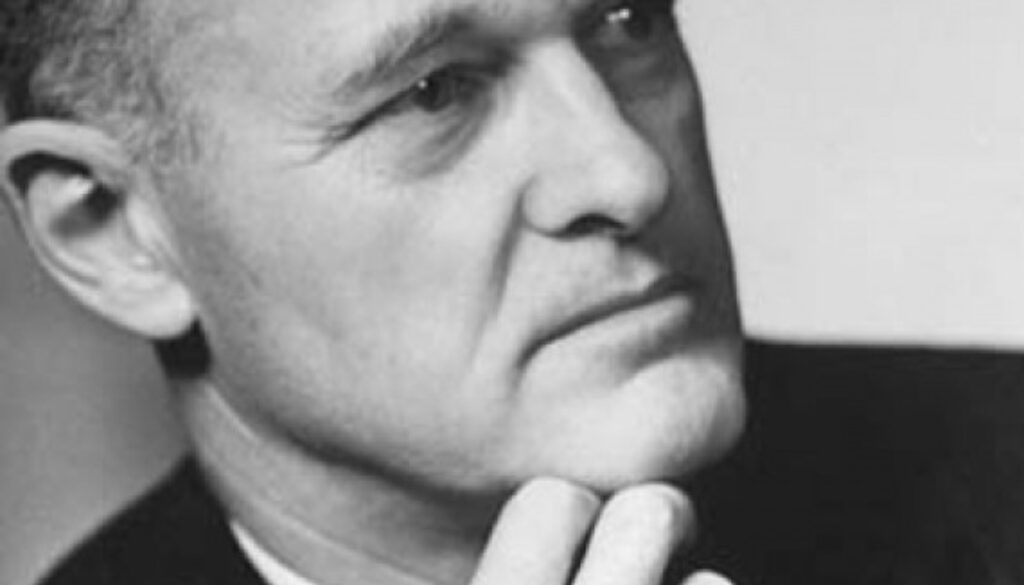The Sad Appreciations of George F. Kennan

I have often recommended George F. Kennan’s book ‘American Diplomacy 1900-1950 for its insights into world history and American attitudes toward the players and combatants, which are fascinating and thought-provoking.
I’m reading it yet again, this time for enjoyment. The subject matter is grim enough, of course, two catastrophic bloody world wars, two enormous bloody revolutions followed by bloody civil wars, and countless blunders on all sides that made them even bloodier and more costly.
But I get a lot of enjoyment from the way Kennan expresses his ideas precisely and persuasively, using his command of the English language and his astute understandings of human nature. This is partly because I’m nostalgic for the figures and constructions of the last century, before our political discourse was reduced to the level of squabbling kindergarteners.
“If there was anything special about the first World War,” he writes, “it was only that the thing went on in the same way and in the same places for an awfully long time; there was not much movement, not much adventure, not much hope that anything could happen that would change the whole fortunes of war at any early date. The losses were terrific on both sides. You could practically calculate when your time would come. And it was all so unutterably futile…
“Now it would be pleasant, and would ease our task, if we could say that, as a war so sickening ran its course, peoples and governments on both sides sobered and became thoughtful, became aware of the increasing emptiness of victory, aware that no political objectives could be worth this price, amenable to any reasonable suggestion for a compromise peace that would put an end to the slaughter. Unfortunately, we cannot say this. There are certain sad appreciations we have to come to about human nature on the basis of the experiences of these recent wars.”
One of these appreciations is that “public opinion, or what passes for public opinion, is not invariably a a moderating force in the jungle of politics.”
“It may be true, and I suspect it is, that the mass of people everywhere are normally peace-loving and would accept many restraints and sacrifices in preference to the monstrous calamities of war.
“But I also suspect that what purports to be public opinion in most countries that consider themselves to have popular government is often not really the consensus of the feelings of the mass of the people at all but rather the expression of the interests of special highly vocal minorities – politicians, commentators, and publicity-seekers of all sorts: people who live by their ability to draw attention to themselves and die, like fish out of water, if they are compelled to remain silent.
“These people take refuge in the pat and chauvinistic slogans because they are incapable of understanding any others, because these slogans are safer from the standpoint of short-term gain, because the truth is sometimes a poor competitor in the market place of ideas – complicated, unsatisfying, full of dilemmas, always vulnerable to misinterpretation and abuse. The counsels of impatience and hatred can always be supported by the crudest and cheapest symbols; for the counsels of moderation, the reasons are often intricate, rather than emotional, and difficult to explain.
“And so the chauvinists of all times and places go their appointed way: plucking the easy fruits, reaping the little triumphs of the day at the expense of someone else tomorrow, deluging in noise and filth anyone who gets in their way, dancing their reckless dance on the prospects for human progress, drawing the shadow of a great doubt over the validity of democratic institutions.”
These observations were written in 1951, but they could have been written yesterday.
